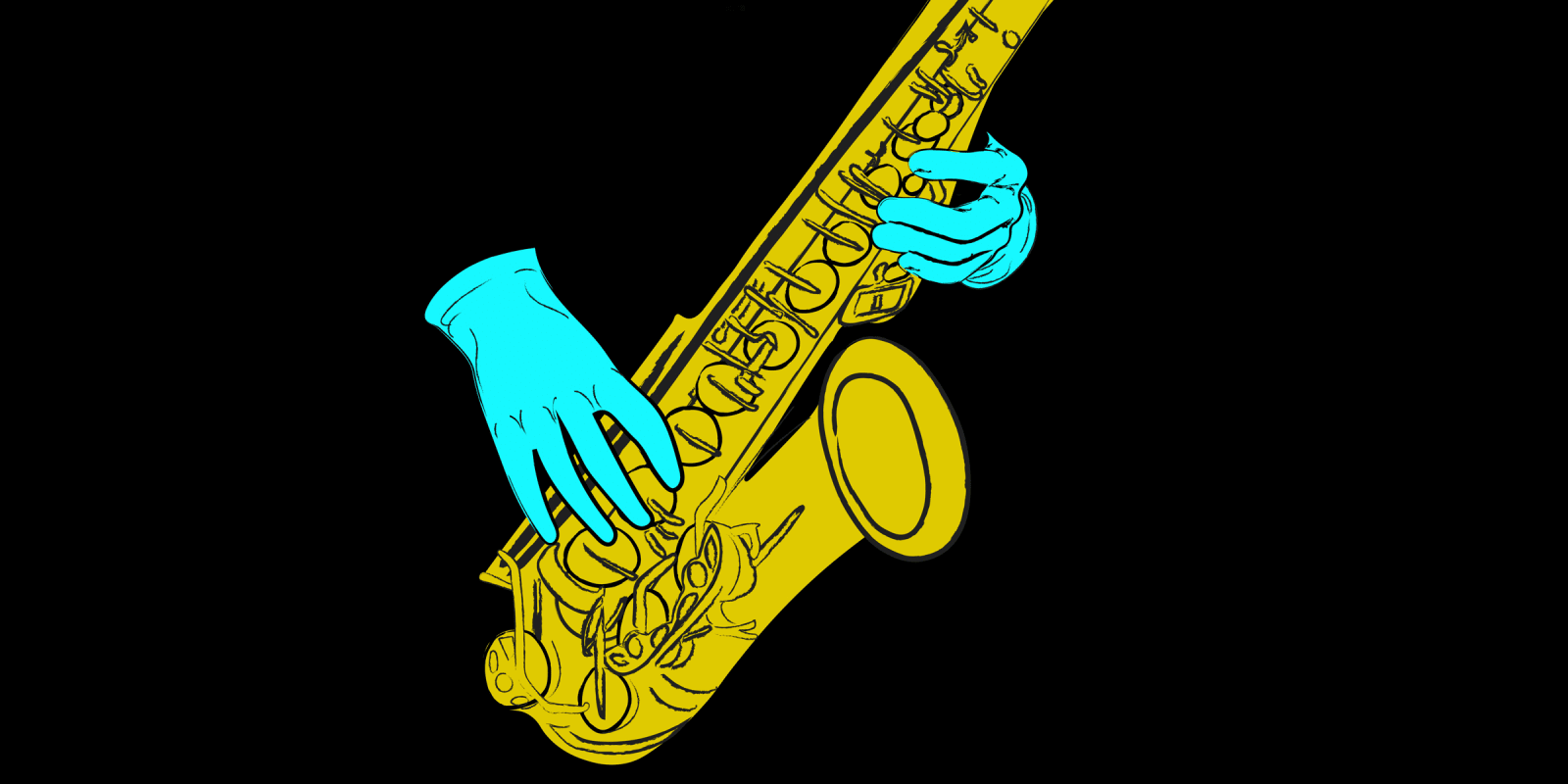When I was in high school, I remember my father looking at my report card and making a statement about how I was “getting strong in the arts.” Since his dream was for me to become a doctor, he seemed concerned about the fact that I seemed to be gravitating toward the arts rather than the sciences.
Although I eventually did become a doctor, I have often thought about the artificial divide between the sciences and arts, and have come to understand that the two actually complement each other. Medicine is in many ways as much an art as a science, and engaging in artistic endeavors can help enhance our clinical skills and patient interactions while helping us to maintain balance in our own lives.
After decades of training in health care, I kept feeling drawn to music and other arts. I had played the piano on and off over the years and had taught myself to play the guitar. A few years after completing my residency training, I started taking piano lessons again. The following year, I picked up the ukulele, eventually joining a group that frequently performed in nursing homes and at community events.
More recently, I have incorporated music into my work as a physician at an addiction treatment facility. In my group sessions with teens and young adults, I’ve taken to playing the ukulele and singing. One time, a patient who heard me perform told me he had been feeling tired but was now feeling spiritually uplifted. Another time, a patient played her own song, one she had composed during her stay. Her mother had encouraged her to bring her ukulele with her to the facility, and this provided an outlet for her to process her emotions during treatment. During these group sessions, patients’ faces often light up — and I’ve even heard comments like, “This is the best group I’ve ever attended!”
In addition to its therapeutic effect, music has other potential benefits in the health care setting. Many surgeons play music in their operating rooms to help their concentration and focus. Music can also reduce stress in patients undergoing surgery. Recent research has shown that group singing can improve voice strength and clarity, in addition to quality of life, in patients with Parkinson’s disease.
Music can also be beneficial in settings where one is engaging with other clinicians. I recently gave a keynote speech on restoring the human connection in health care at a dental school. At the end of the presentation, I sang “You Raise Me Up,” accompanying myself on the ukulele. I believe this created a stronger connection with my audience and further reinforced my message.
Physicians who incorporate music or other forms of art into their work indicate that they need to be engaged in both medicine and art to feel complete. For example, Steven Scheinman, MD, former Dean of the Geisinger Commonwealth School of Medicine, who is also an opera singer, has said: “Medicine is a rewarding career, and I could not be nearly as good a doctor, or as open to my patients, if I didn’t have the arts in my life.”
I agree with Dr. Scheinman: The listening skills that are developed through musical training can enhance the quality of our patient interactions, just as the ability to observe minor differences in texture and color through visual arts training can enhance a physician’s physical diagnosis skills. Because of these benefits, I strongly believe that music and the arts in general should play a more prominent role in medical education.
I am not alone in this belief — several medical schools in the U.S. now recognize the importance of the arts and humanities. A pioneer in this field, Penn State College of Medicine, currently offers several courses and enrichment activities for students, staff, and faculty through its department of humanities and the Doctors Kienle Center for Humanistic Medicine. In addition, The Medical Humanities Path of Excellence at the University of Michigan Medical School provides an opportunity for students to actively explore the connections between the arts and medicine. Finally, Drexel University College of Medicine offers elective options in the medical humanities, as well as an option for a scholarly concentration in this field.
The arts and humanities can help us become better clinicians by improving our understanding of the human condition, increasing our ability to connect with patients, and sensitizing us to the social determinants of health.
It’s time to do away with the artificial dichotomy between the arts and sciences. To become better clinicians, we should all embrace a holistic approach to medical education and health care in general.
What role do you think music and art should play in medical education? Share your thoughts in the comments below!
Dr. Olapeju Simoyan is an addiction medicine specialist and a full professor in the department of psychiatry at Drexel University College of Medicine. A member of the American Medical Women Association’s music and medicine committee, Dr Simoyan has curated a photographic exhibit featuring prominent women in medicine. She plays several musical instruments, and has recorded an instrumental piano collection, Christmas Melodies. She has combined her interests in writing and photography in two photobooks, Scranton, A Place to Call Home and The Amazing World of Butterflies. Dr. Simoyan strongly believes in the need to transform the way we educate students across the educational spectrum, with a focus on creativity, problem solving and integration of the arts and sciences. She is a 2022–2023 Doximity Op-Med Fellow.
Illustration by Jennifer Bogartz




